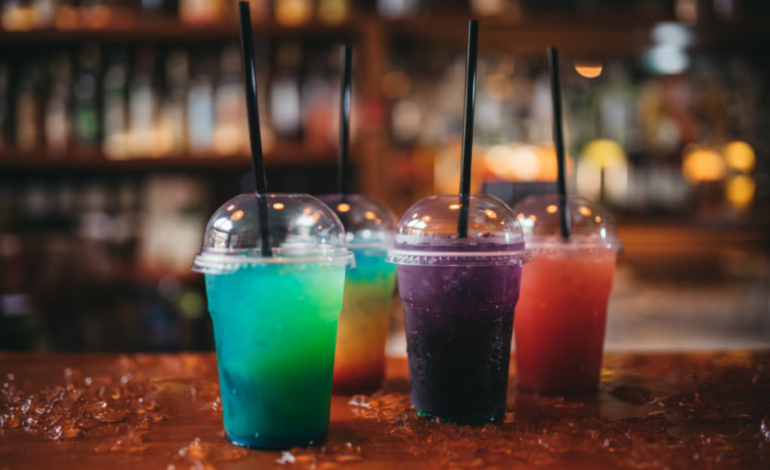Doctors have warned that children under eight should avoid consuming slushies containing glycerol, following a study that linked the ingredient to cases of decreased consciousness and low blood sugar.
A review of medical records from 21 children who became unwell shortly after drinking slushies revealed a pattern of symptoms associated with “glycerol intoxication syndrome.” These included hypoglycemia (low blood sugar), decreased consciousness, and metabolic imbalances. The findings, published in Archives of Disease in Childhood, suggest that glycerol, a sugar substitute commonly used in slushies to maintain their texture, may pose a health risk to young children.
Currently, UK health guidelines advise against giving slushies with glycerol to children under four, but researchers from University College Dublin suggest extending this recommendation to those under eight.
Glycerol is a naturally occurring alcohol that can rapidly absorb water and sugar from the bloodstream before being processed by the liver and kidneys. While adults can typically break it down without issues, young children may struggle to metabolize large amounts quickly, leading to dangerous drops in blood sugar levels.
In the study, most affected children fell ill within an hour of consuming a slushie. All 21 recovered quickly after receiving medical attention, and those who avoided further consumption had no recurring symptoms. However, one child who had another slushie at age seven experienced the same reaction.
The researchers noted that estimating a safe glycerol dose is difficult due to a lack of transparency about its concentration in slushies. Factors such as the speed of consumption, whether the drink is consumed on an empty stomach, or after exercise may also influence how the body reacts.
The UK’s Food Standards Agency (FSA) currently recommends limiting slushie consumption to one per day for children aged five to ten. However, experts argue that clearer public health messaging is needed, given that there are no nutritional benefits to these drinks.
To ensure safe consumption, the study suggests that guidelines could be based on a child’s weight rather than age. Alternatively, raising the age recommendation to eight years could provide an added margin of safety.
For now, medical professionals and public health officials urge parents to be cautious, especially when offering slushies to younger children.
With input from the Guardian, the Daily Mail, and Independent.









